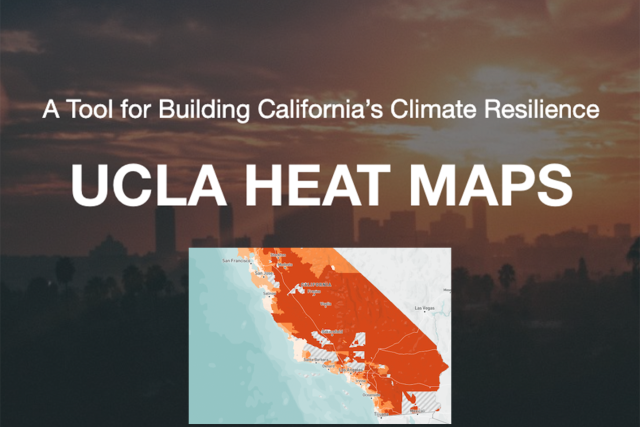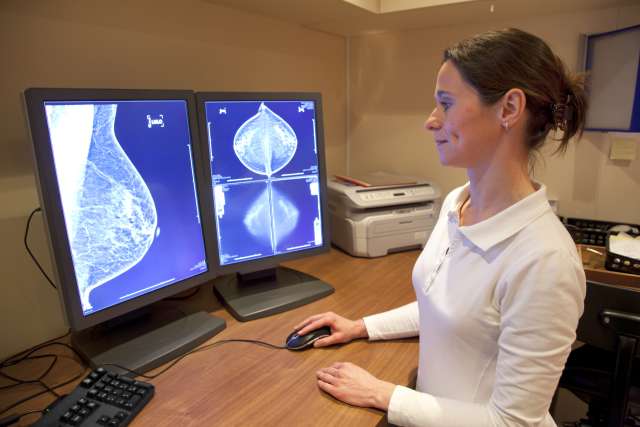Extreme heat due to climate change is a serious health threat both locally and globally, according to David P. Eisenman, MD, MSHS.
“On average, extreme heat events lead to more deaths each year than all other weather events combined,” he says. Dr. Eisenman is a professor of medicine at the David Geffen School of Medicine at UCLA Health. He also codirects the and directs the .
Heat can cause problems such as:
- Heart attacks
- Strokes
- Respiratory illnesses
- Mental health problems
- Accidents
Suicides and violent crimes also go up in the heat, he says. People in disadvantaged areas are often hit the hardest -- and this will only get worse as climate change goes on, says Dr. Eisenman.
Creating UCLA Heat Maps
Dr. Eisenman and his team are finding out where people may need more help when it comes to protection from the heat. To do so, they get information on emergency department visits on hot days; these numbers are then added to . The online tools are part of .
UCLA Heat Maps make it clear that heat can be harder on people in some areas. This could be because of not having air conditioning or tree shade. Lower incomes or less access to health care can also play a role.
UCLA Heat Maps are the first of their kind, says Dr. Eisenman. “They are being used by public health officials and others. For example, the Los Angeles chief heat officer uses the maps to choose where to put new cooling shelters and resources in Los Angeles,” he explains.
The maps also help track how heat harms people over time. This is helpful for planning future ways to help people cope. One such program will be a heat warning system like the National Weather Service warning system for hurricanes.
It’s more important than ever to protect yourself in hot weather as extreme heat becomes increasingly common. Read these articles for information about how to stay hydrated and how to spot the signs of heat stroke and heat exhaustion.




